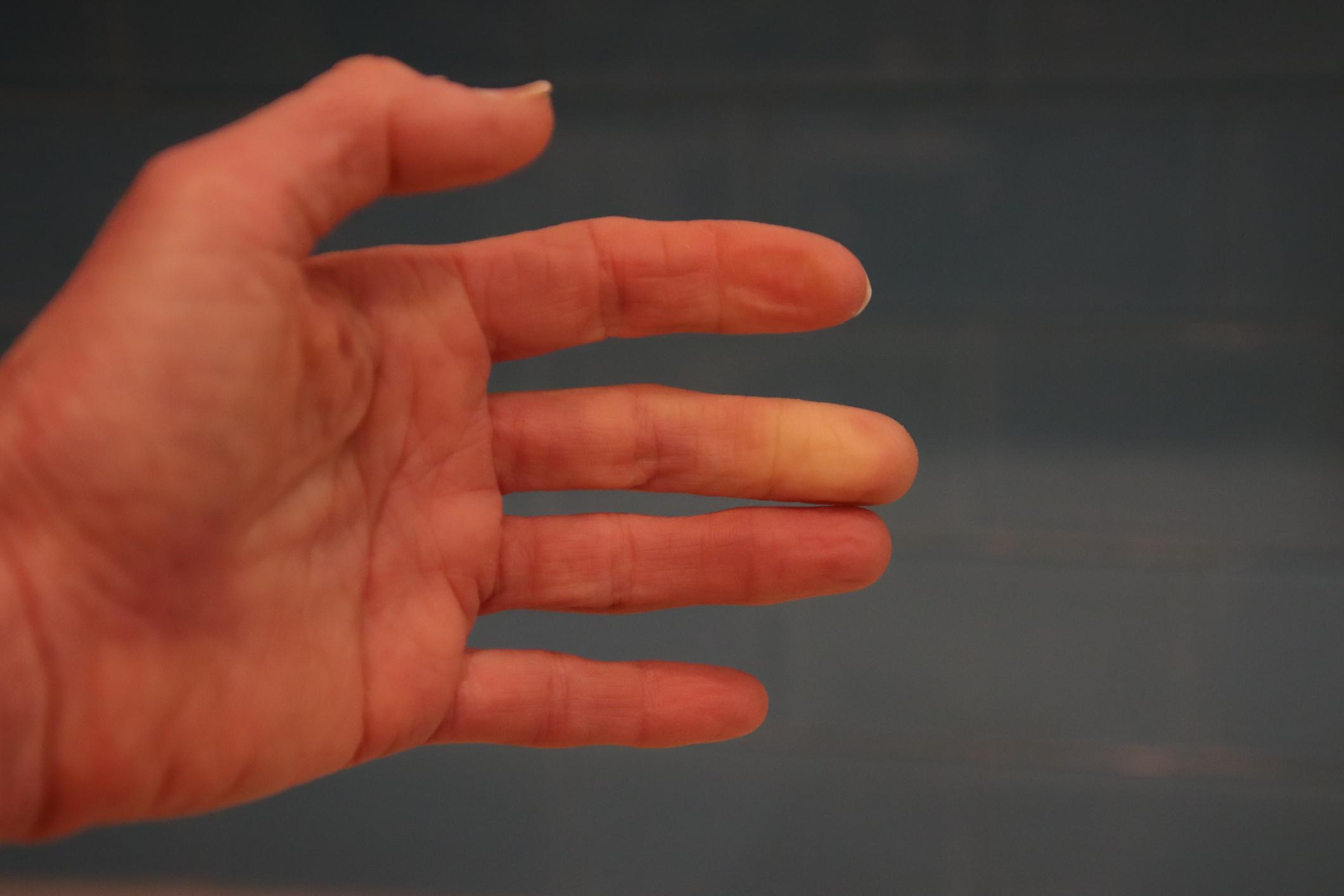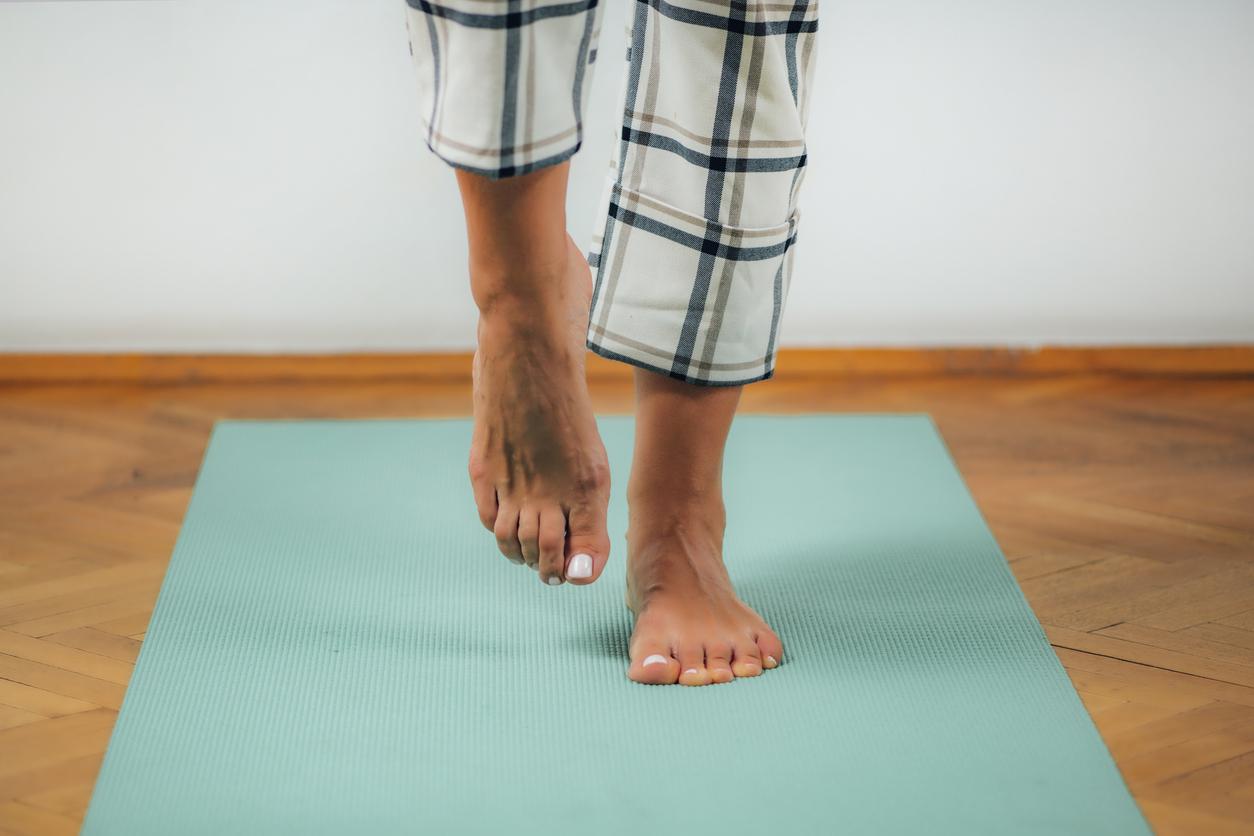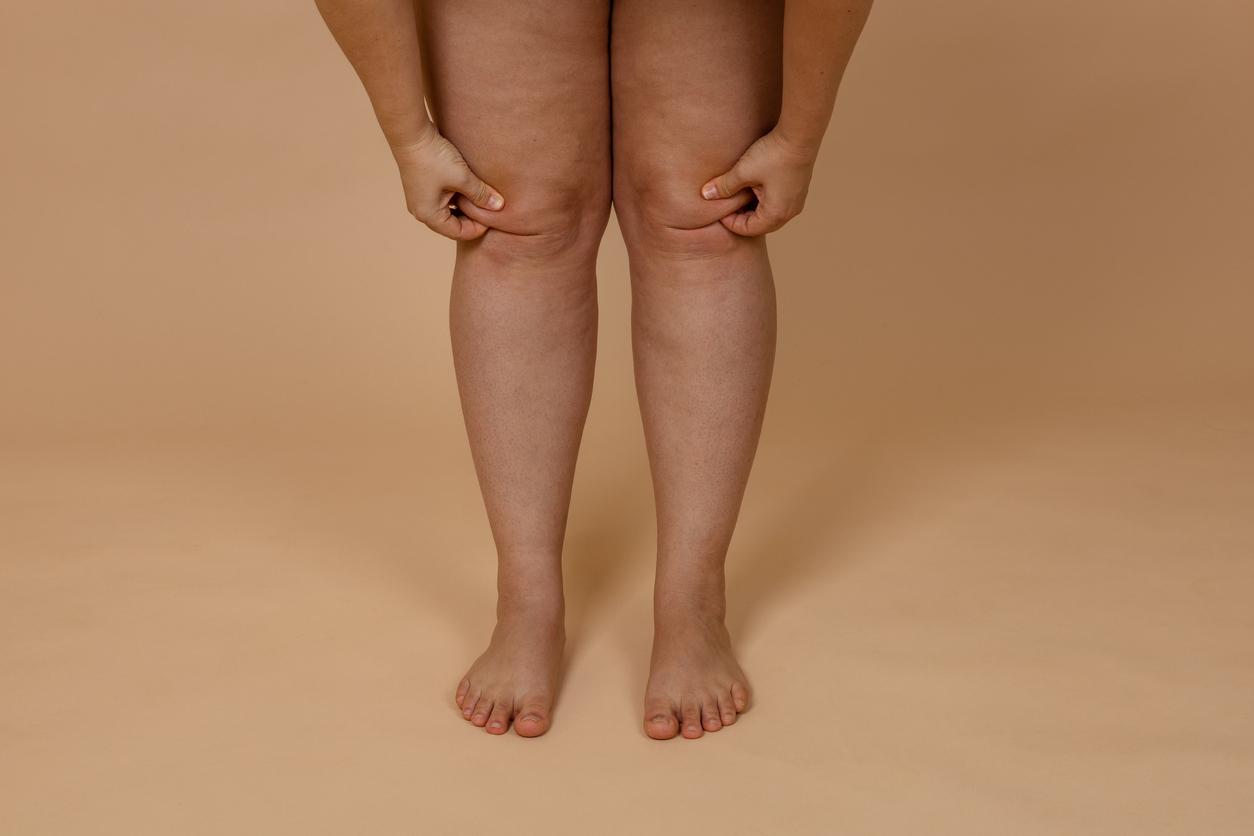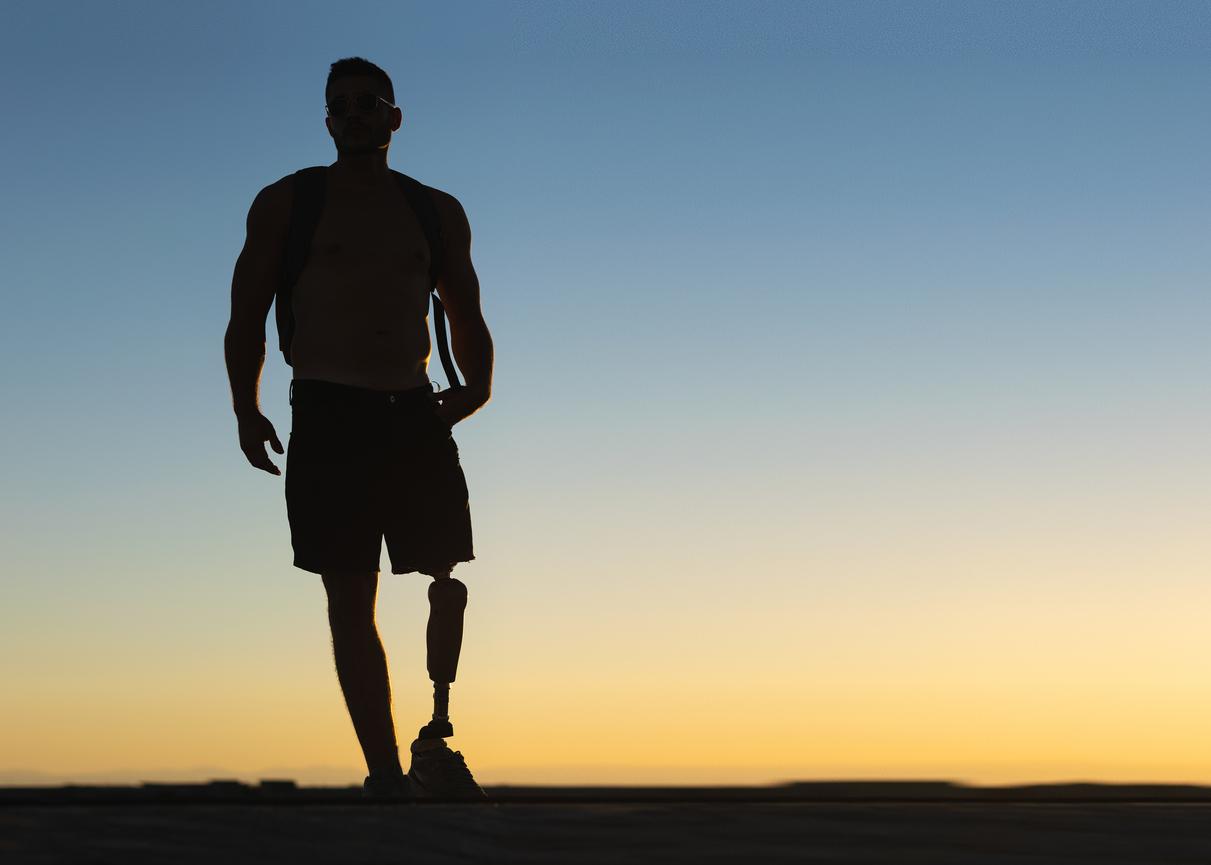Having your legs crossed when sitting can have consequences on posture, but also on blood circulation.
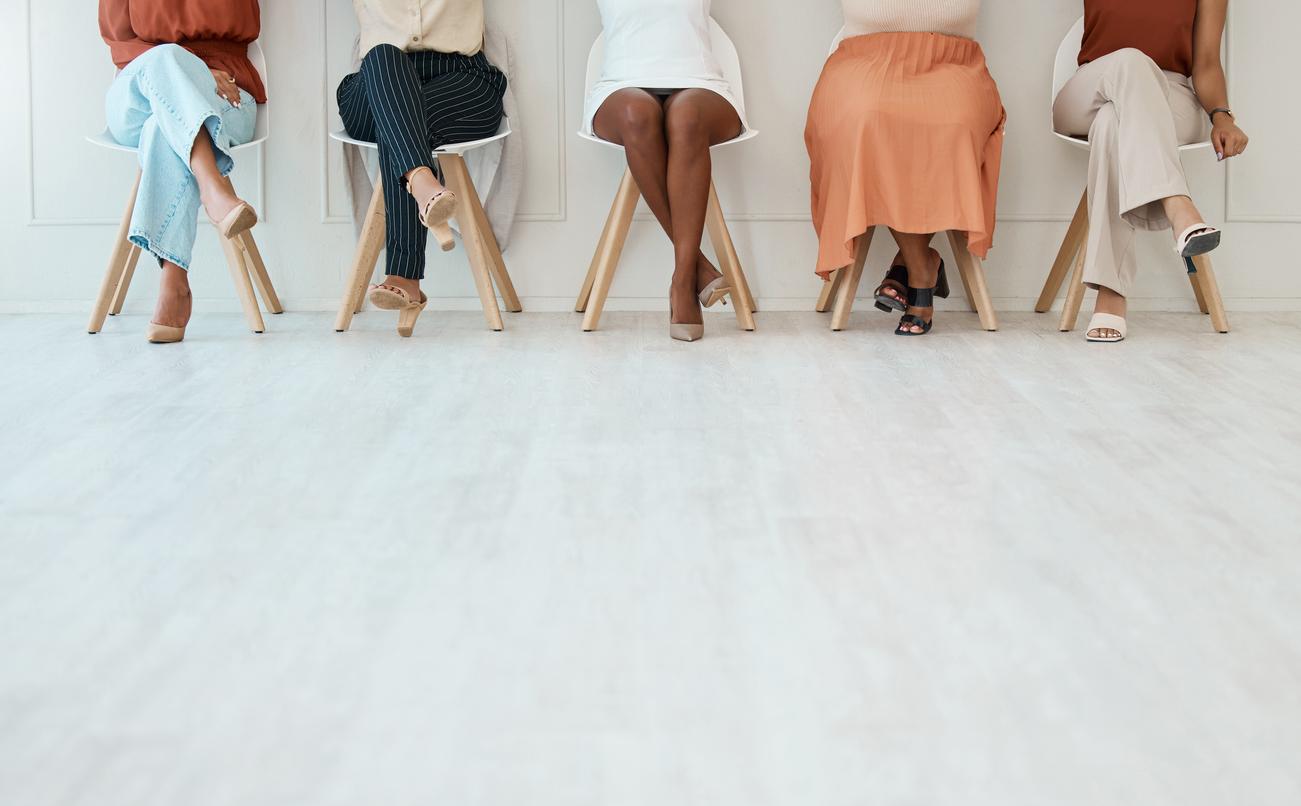
- Sitting with your legs crossed can affect blood circulation and increase the risk of a blood clot.
- It also affects posture and can lead to various shifts, even scoliosis.
- In men, this position could also reduce sperm production.
Barely seated, you have the reflex to place one of your legs on the other. It is so entrenched that you are not even aware of it anymore. As trivial as it is, this gesture can have consequences on your health. Adam Taylor, director of the Anatomy Clinical Learning Center at Lancaster University (UK) explains this in an article published on the website of The Conversation.
Legs crossed: risks for blood circulation
This specialist reminds us that there are two ways to cross the legs: either the crossing is done at the level of the knee, or at the level of the ankle. “Most research suggests that crossing at the knees is worse than crossing at the ankleshe says. This is because sitting this way can cause your blood pressure to rise due to blood accumulating in the veins..” For this reason, this position is particularly not recommended for people with varicose veins. As recalled by theHealth Insurance : “the prolonged cross-legged position blocks venous blood in the legs“. Eventually, this position can increase the risk of blood clots.
Legs crossed: what are the consequences of this position on your posture?
But the crossed legs also have consequences on our position. “The longer and more often you sit cross-legged, the more likely you are to experience long-term changes in muscle length and bone arrangement in your pelvis“, he adds. The British researcher recalls that this can lead to a misalignment of the hips, where one becomes higher than the other. But it can also have an impact on the spine and shoulders, which will be The head can also be off axis, as the spine will work to hold gravity well above the pelvis.”Your neck can also be affected because one side of the body is weaker than the other. he completes. The same imbalance can be seen in the muscles of the pelvis and lower back due to poor posture and the stresses and strains caused by sitting cross-legged..” If this position is held for a long time and regularly, there is a higher risk of scoliosis, which corresponds to a “permanent deviation of the spine, linked to a rotation of the vertebrae”specifies theHealth Insurance. Adam Taylor explains that it can also lead to greater greater trochanter pain syndrome, “a common and painful condition that affects the outer side of the hip and thigh“.
Standing cross-legged can affect your fertility
This position has less expected consequences. According to various researches, it could reduce the fertility of men. “The temperature of the testicles should be between 2°C and 6°C below standard body temperature, reminds the scientist. (…) Crossing the legs can increase the temperature of the testicles by up to 3.5°C. And studies suggest that an increase in the temperature of the scrotum or testicles can reduce both the number and the quality of sperm..”
Legs crossed: beneficial effects for some people
However, there are exceptions: peoplenaturally” staggered in terms of posture. “A small 2016 study found that for people who have one leg longer than the other, sitting cross-legged can help adjust the height on both sides of the pelvis, improving alignment.“, observes this specialist. In case of muscle pain, the position can reduce the activity of certain muscles.
For Adam Taylor, the position is actually not what matters most. While he recommends avoiding having your legs crossed too often and for too long, he recalls that “many of the risk factors associated with crossing the legs are likely exacerbated by other underlying issues such as a sedentary lifestyle and obesity“. To reduce the risk of health problems, the most important thing is to move and limit physical inactivity!









